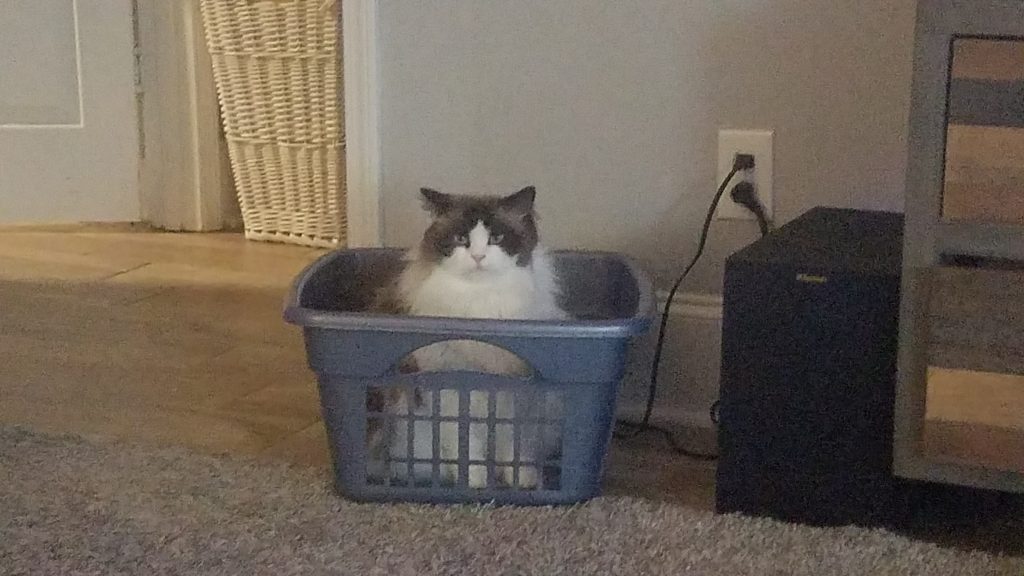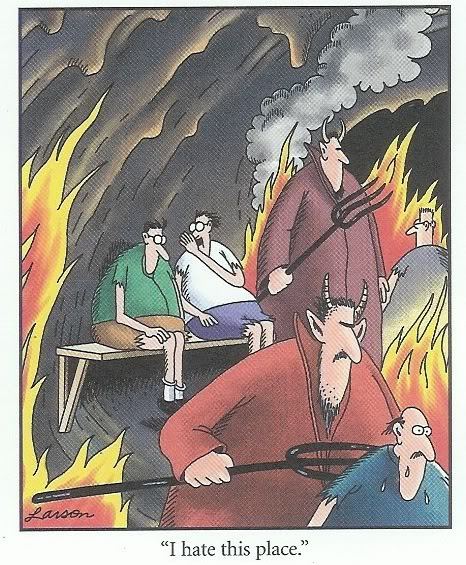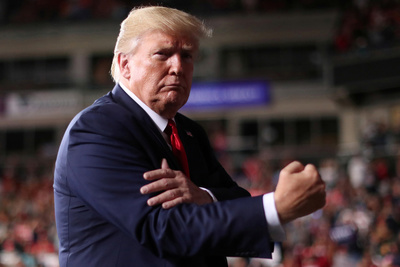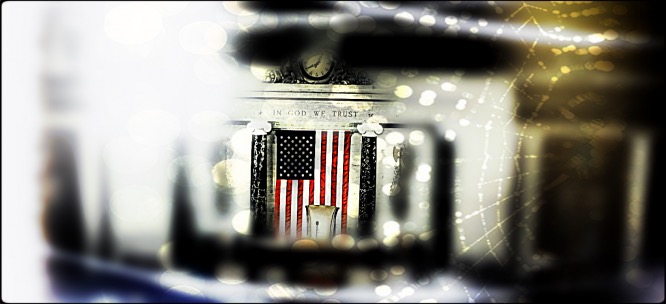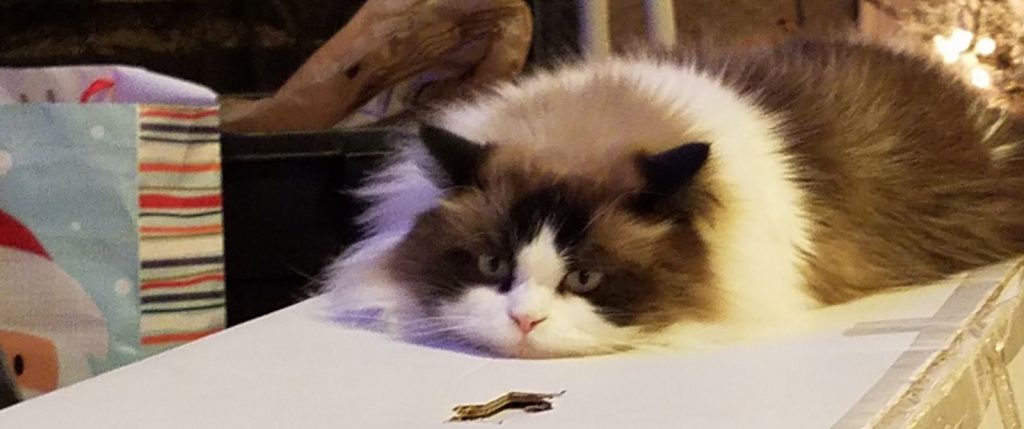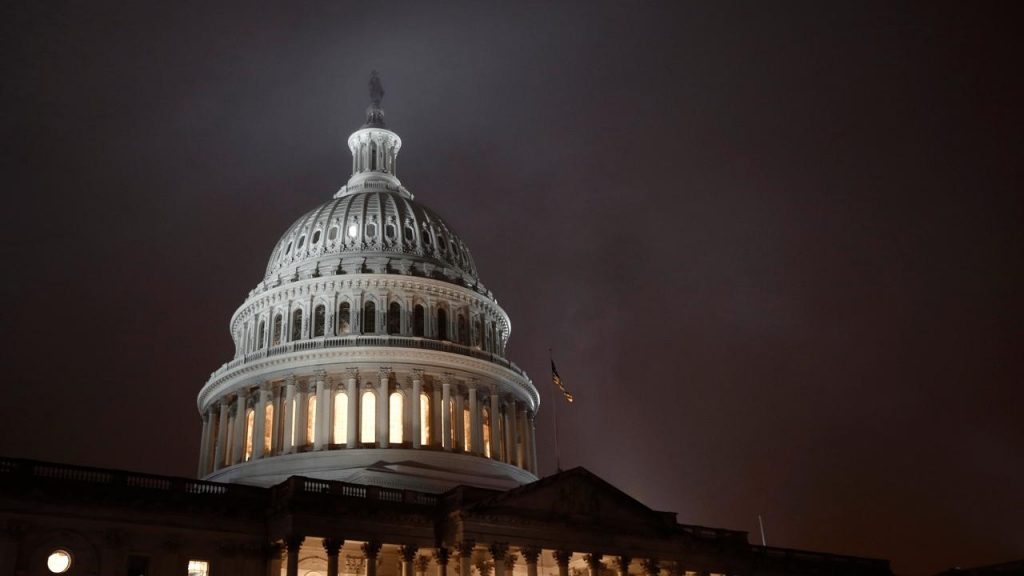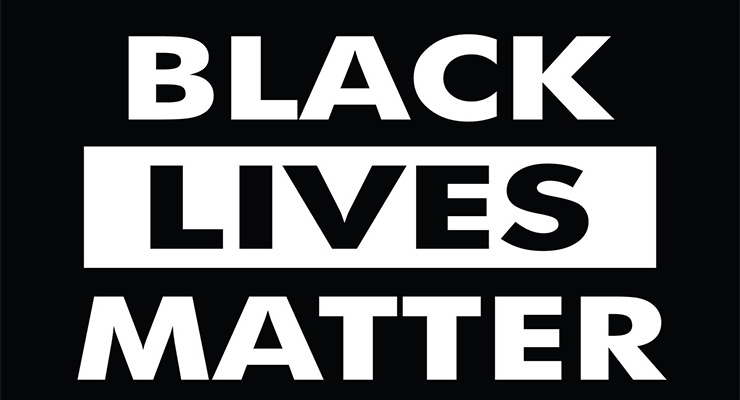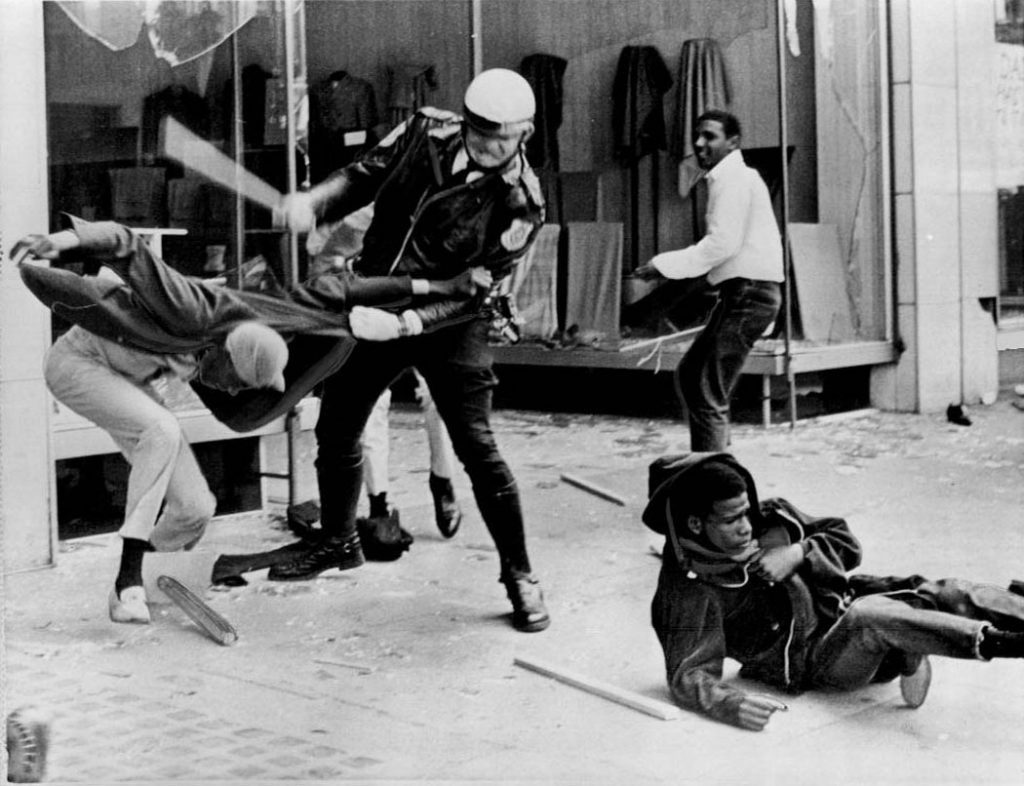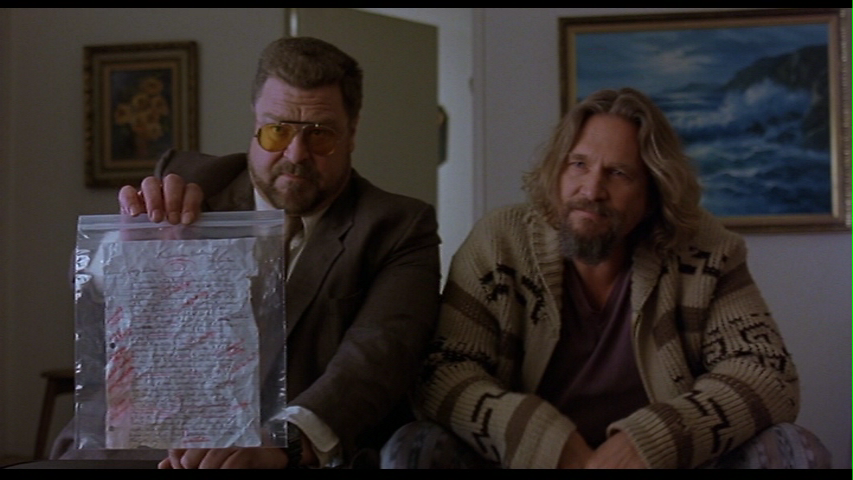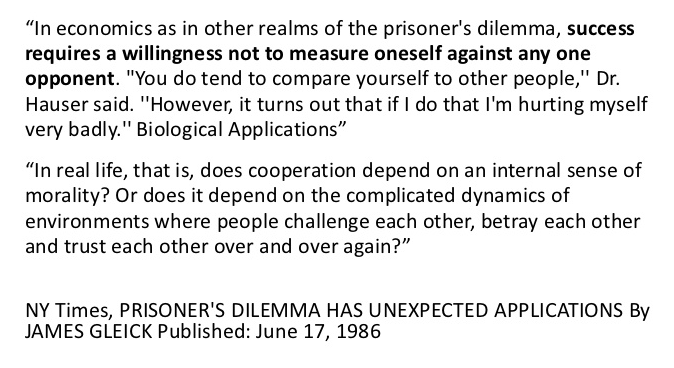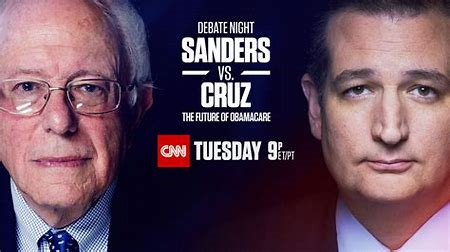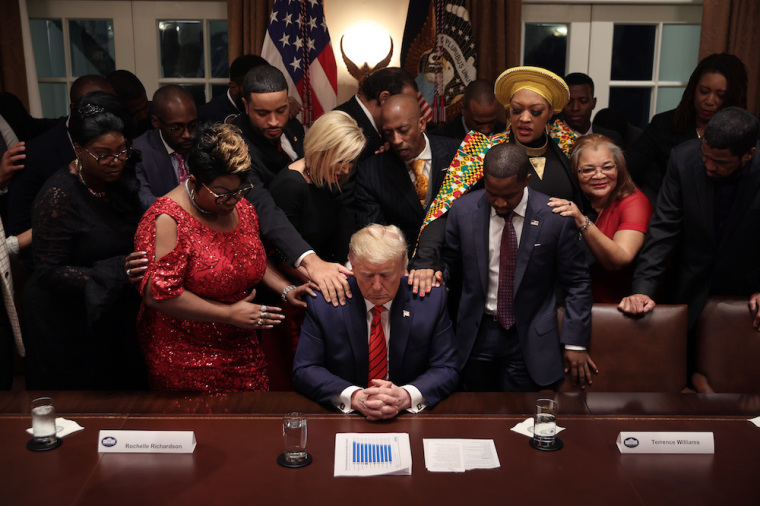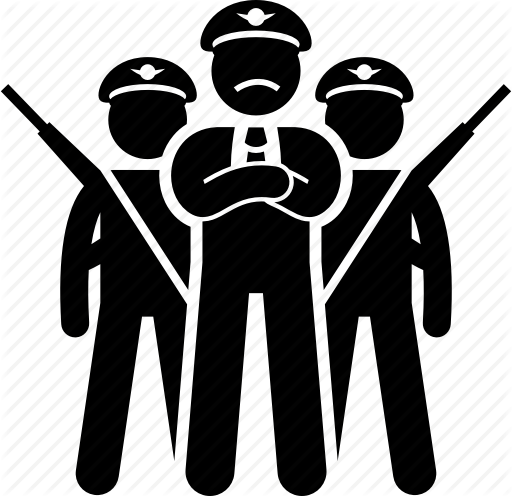DeViney: Mr. Green, from the outset, before I go getting carried away and forget, thank you, from the bottom of my heart and on behalf of the swashbucklers who comprise the staff of ModState, thank you for making an appearance with us and being willing to talk about your experience(s). This is a real honor for us as a media enterprise and for myself personally, as well, given our prior service in Twentynine Palms together. Our audience won’t fully grasp that, but it’s fantastic to be speaking again about, well, anything. Thanks again for agreeing to go over some of your thoughts, et al.
DeViney: As a bit of a launching point here, we’ve had countless discussions about greater America (or lesser, depending upon who you ask), and both being from the Deep South, we’ve been able to engage in candid conversations about race and where things’ve been and where they’re headed…you’ve surely got an opinion on this, but as you know I feel like President Obama did a good job handling the pressures inherent in being the first minority president of any sort, let alone the first black president. What are your thoughts on this?
Green, Mr. I would be lying if I said that President Obama’s election didn’t bring joy to my heart from a social and emotional standpoint. Being a Black man in America, I descend from slaves and sharecroppers who were treated horrendously. We live in a great nation yet have a troubled past. I digress. President Obama gave hope to generations. There are no excuses for success in this country. The administration accomplished a tremendous amount for the LGBT community and made strides to make healthcare accessible to all people while promoting a competitive market. Though unpopular with many, the Affordable Healthcare Act is a modern example of utilitarianism. I happen to concur with things that improve the general well-being/quality of life of all people. Politically, President Obama missed the mark in some areas however he and his wife are class acts.
DeViney: I’m sure this is going to come off as a really, “Well, duh!” question, but indulge me for the sake of our audience, please: you’re incredibly well-read, as in our time of messaging back and forth and all of our discussions prior to this “official” sit-down interview you’ve always had some bit of general societal information or some cultural reference, so with that having been said, when you hear that phrase, “Uncle Tom,” or you read it as it has so often been used, does it come off to you as an unbridled attempt to besmirch the reputation of a black man, to sully his name just because he doesn’t automatically adhere to what the left expects and, apparently, demands of the general “you”? I don’t see how this term can be seen as anything other than incredibly racist given the role that he played in “Uncle Tom’s Cabin.”
Green: The term Uncle Tom angers me. There are many Black people who arbitrarily label you as opposition if your opinion differs from theirs even in the slightest. As a youth, I wanted to speak intelligently, achieve academically, and pursue business. My peers viewed this as me attempting to “be or act like a White person”. Sadly, those sad individuals fell victim the same cycles of gang affiliation, illegal narcotics distribution, and single unwed teen pregnancy that they were products of. I didn’t take it personally. I knew myself. I knew my worth. My parents encouraged me and kept me grounded. I was a wolf amongst sheep. Wolves don’t fear the bleating of sheep. I encourage all young men and women to be themselves. Surround themselves with positivity. Your personal integrity has nothing to do with popular opinion.
DeViney: Now for a bit of an obvious shift you surely knew was coming, while the man’s been POTUS for less than three months, how do you see race relations in general, shifting in America? And, as a caveat, how do you see black/white relations moving? Has the needle moved for the better or worse? And, to put all of this in perhaps a more feasible macro perspective, how much blame and/or credit do you ascribe to President Trump for the positive or negative of all of this?
Green: I feel that President Trump’s election is inconsequential to race relations in our nation. We have made strides (abolition of Jim Crow and the implementation of the Civil Rights Act of 1964) but racism has and will continue reinvent itself in many other ways. It is human nature to want to not only survive but to thrive and dominate. I choose to disassociate myself with people who buy into racism regardless of their color. If you pause and think deeply about racism it is utterly the most ignorant ideal mankind has ever invented. What could I or anyone else (President Trump) do or say to change someone’s mind about racism? Rhetorical question… I perceive our society as classist and in my opinion there only 2: financially enslaved or financially free. Poor people have nothing. Our society created a middle class to give people a false since of security and satiety by promoting indebtedness. Wealthy people continue to increase their margins. The 1% have it figured. The other 99% think they have it figured out. That is my perspective and within that perspective race relations are irrelevant. I do care about equality and will always fight for and advocate it. Jack… you and I are the dream that Dr. King dreamed.
DeViney: We’ve discussed eugenics and you’ve been rather outspoken in your criticism of progressives due to their involvement in such, and forget the fact that the worst, arguably, race riots occurred in Boston during the Civil Rights Era but, is it just me or is it outrageous that these progressives, with so brazen a background in wanting to selectively “breed out” the black race yet then have the temerity to play the race-card, to wield it as, effectively, a weapon to silence, usually, anyone with whom they don’t agree? How has this brazen hypocrisy been gotten away with for so long?
Green: The architects of eugenics have always intrigued me and confused me simultaneously. What drives them? What is their motive? I can understand the desire to eliminate undesirable diseases but to aim to eliminate an entire race under the guise of “improving the genetic quality of the human race” the word genocide comes to mind. If you asked 100 people to define eugenics I am confident that less than 50% would be able to. People in general, are caught up in their micro sphere of influence. They are sheep. Wolves hide in the shadows and observe. Lack of education and awareness is the culprit in the advancement of eugenics.
DeViney: We also talked recently about the remarks of Dr. Ben Carson in labeling African slaves (here in the U.S., specifically) as “immigrants” who also had high hopes for their children. It goes without saying that most everyone has hopes and dreams for their children, but it’s an obviously ridiculous remark. You were quick to point out that, yes, while the majority of blacks can point to their African brethren and thank them for selling them, that’s a bit outside the framework of his remarks. What are your thoughts here now with the opportunity to have let it all simmer for a bit?
Green: I have a lot of respect for Dr. Carson. His testimony is incredible. He overcame staggering odds, became an unprecedented innovator in the field of neurosurgery, and was devoted to his patients. I am not one to crucify a man or woman for poor phrasing. Slaves WERE sold as war captives by their fellow Africans in exchange for gold and goods. This fact doesn’t detract from the fact that slavery was horrendous. Dr. Carson’s statement on slavery was ridiculous but I condone his message: don’t make excuses and make the most out of your life. We have far more opportunities than our ancestors and we take them for granted. I always look at the glass half full and again I try not to crucify people for misspeaking.
DeViney: Part of what we’ve discussed is that there’s a great deal of hope with Generation X ascending to the proverbial throne in the country, but there also seems to be a bit of a disconnect with the so-called Millennials and how quick they seem to be in silencing anyone they don’t agree with, particularly on college campuses. What do you make of their assertions in the Ivy League, specifically, that they’re not there to learn but to be in a safe space?
Green: I try to only encourage Generation Y. We are amidst constant chastisement and degradation from our predecessors. Historically we have been the most technically innovative and will continue to do be. You can order a plane ticket, pay your mortgage, and lock your home from anywhere on the planet from the palm of your hand. Thanks, Millennials. I digress.
Life isn’t fucking safe. The men who were drafted against their to go fight in the trenches of WWI, storm the beaches of WWII, and the jungles of Vietnam weren’t able to sit and talk about their feelings. We have gotten soft mentally and it would behoove us to reincorporate the spirit of the men and women who made it possible to have safe spaces. Stress is a reality. Learning to adapt and overcome is an essential skillset that we are failing to develop. In this sense we have to pause and get back to our resilient roots.
DeViney: As you wind down your career in the US Navy, looking back, how big of a problem of racism have you witnessed and/or experienced? And is it primarily whites taking out their alleged superiority or privilege on others? Or what’s the story as you see it?
Green: I can honestly say that I never witnessed racism in Navy. Some of the fine men that I had the privilege of serving with came from areas or backgrounds were that sort of thing was status quo. But brotherhood overcame and that’s a beautiful thing. I can assure you that if I would have witnessed it subjectively or objectively I would have addressed it. I’d be naive to think that it doesn’t still occur.
DeViney: Bit of a follow-up here to the previous question, with your final year in the Navy underway, and you prepare to leave the enlisted service and return to private life and enroll in college again, we’ve had some rather intensive discussions and you’ve made clear your intention to join the ranks here at ModState…with that, what compels you to drive on through and be a part of the editorial and multimedia process here? Sure, there’s a lot of promise here, but with being non-partisan and largely centrist there’s also a lot of undue criticism and heartache (being accused of bias by everyone by catering to no one, i.e.), so what cemented that decision in your mind, to where roughly a year out, it was, “Yeah, I’m coming to ModState after the Navy”?
Green: I appreciate the opportunity to be a part of ModState. Though I honor and value my enlistment obligation, I am looking forward to having the time to read more, focus and become more organized. That means delivering timely and consistently. The truth has always compelled me. The current status of our media is appalling. The truth seems to be irrelevant. Being first seems to be more important. Though I may be Machiavellian in approach, I strive to internally always tell the truth no matter how unpopular. I am confident that ModState will provide that for me.
DeViney: As this is an addendum to the standard period honoring black heritage by way of “Black History Month,” in what ways do you feel like black America has really made strides and overcome, and in what ways is there a bit of a journey yet to go?
Green: Black Americans have made a substantial amount of progress. They, we, are represented in the pinnacles of business, medicine, politics, and philanthropy. Attitude is everything. Honor the past. Invest in the future. And have an aggressive mentality of personal and community development. That’s the key.
DeViney: In the end here, it has been a privilege talking with you as always, and it truly is an honor to call you not only one of the finest minds I’ve ever encountered but to count you amongst my dearest and most enduring friends. Thank you, ever so much, for helping us follow-up to what was an oddly-uneven coverage (in spite of our efforts to the contrary) of Black History Month. I look forward to our next talk, as always. Love you brother. Strength and honor.
